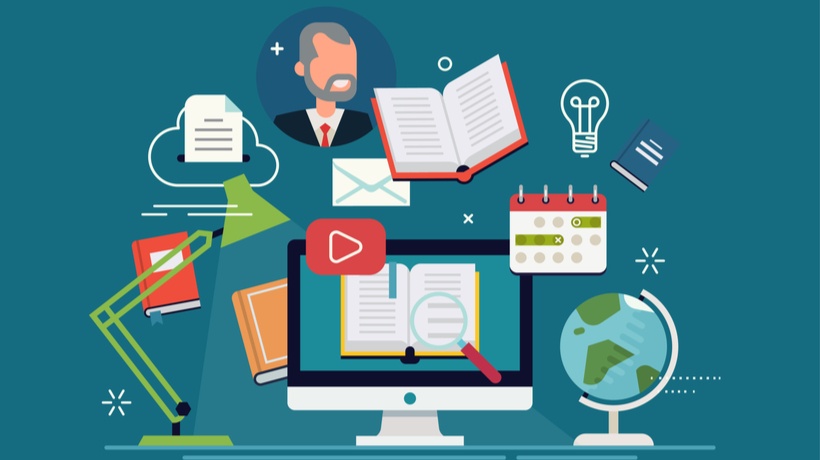
The Art of Effective Note-Taking: A Guide to Mastering Study Skills
Posted on January 1, 2022 by Olawuni Emmanuel Kayode
Note-taking is a fundamental skill that can significantly impact your academic success. It's not just about jotting down facts, but about actively engaging with the material, organizing information, and creating a valuable resource for later review. In this blog, we'll delve into the art of effective note-taking and provide practical strategies to help you maximize your study sessions.
Body:
-
Active Listening and Engagement:
Effective note-taking begins in the classroom. Actively engage with the material by listening attentively to the teacher or lecturer. Pay close attention to key points, examples, and explanations.
-
Choose Your Note-Taking Method:
There are various note-taking methods, such as the Cornell Method, outlining, mind mapping, and the charting method. Experiment with different styles to find what works best for you and the type of material you're learning.
-
Organize Information Hierarchically:
Structure your notes in a hierarchical manner, with main ideas or headings at the top, followed by supporting details and examples underneath. This helps you see the relationships between concepts.
-
Use Abbreviations and Symbols:
Develop a system of abbreviations and symbols to speed up your note-taking process. This allows you to capture information more efficiently without getting bogged down in lengthy sentences.
-
Prioritize and Highlight Key Information:
Not everything is equally important. Identify and highlight key concepts, definitions, and examples. This will make it easier to review and study later.
-
Review and Summarize:
After each class or study session, take a few minutes to review and summarize your notes. This reinforces your understanding and helps solidify the information in your memory.
-
Utilize Visual Aids:
Incorporate diagrams, charts, and graphs into your notes when applicable. Visual aids can help clarify complex concepts and make information more memorable.
-
Incorporate Active Learning Techniques:
Engage with your notes actively. Use them as a foundation for self-quizzing, creating flashcards, or generating practice questions. This reinforces your recall and understanding of the material.
-
Create a Comprehensive Study Guide:
Before exams or assessments, compile your notes into a comprehensive study guide. This should condense the key information and concepts for easy review.
-
Regularly Revise and Update:
Periodically revisit and revise your notes. Add new information, clarify unclear points, and make connections between different topics. This keeps your notes relevant and ensures they remain an effective study resource.
Conclusion:
Effective note-taking is a skill that can significantly enhance your learning experience. By adopting the right techniques and approaches, you can transform your notes into a powerful tool for understanding and retaining information. Remember, it's not just about what you write, but how you engage with the material. With practice and dedication, you'll master the art of note-taking and unlock your full academic potential.
Mission
Lorem ipsum dolor sit amet consectetur adipisicing elit. Ipsa, possimus?
Vision
Lorem ipsum dolor sit amet consectetur adipisicing elit. Ipsa, possimus?